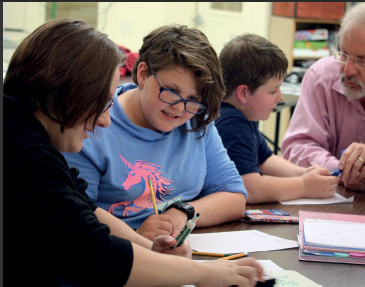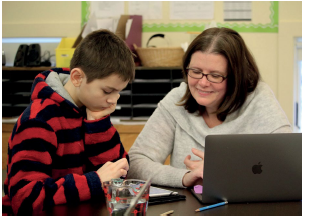
Learning is like a geode. Its hidden gems are revealed to those who invest the effort to get beneath the surface, to look deeper and to get to know the internal structures.
The nature of understanding and how it relates to the enterprise of education has long been a focus of Project Zero research and for good reason. Understanding is elusive; it requires considerable investment, but the pay-offs can be significant for learners.
Fortunately, research has helped us to learn a lot about the nature of deep understanding and the challenges in developing it. In this article, I explain the main ideas behind what we have learned along the way and offer some implications for practice. First, I step back to consider the nature of understanding and to elaborate some principles that have guided Project Zero’s work on understanding over the years.
Take a few minutes to think about something that you understand very deeply. What are the features of this understanding? In what ways does the understanding reveal itself? What is the emotional impact of having this type of understanding? Next, take a few minutes to contrast these features to something that you do not understand very well. What does the contrast illuminate about the nature of deep versus superficial understanding?
These are questions that my colleagues and I have long asked educators and other audiences. Their responses have highlighted how deep understanding is flexible, nuanced, empowering and often applicable in multiple contexts. It leads to a sense of confidence, engagement, and often, a greater sense of humility about what is and is not understood. Interestingly, it typically leads to new questions and a willingness to work at the edge of one’s competence to pursue new knowledge in a form of progressive problem-solving. Expertise begets more expertise.
